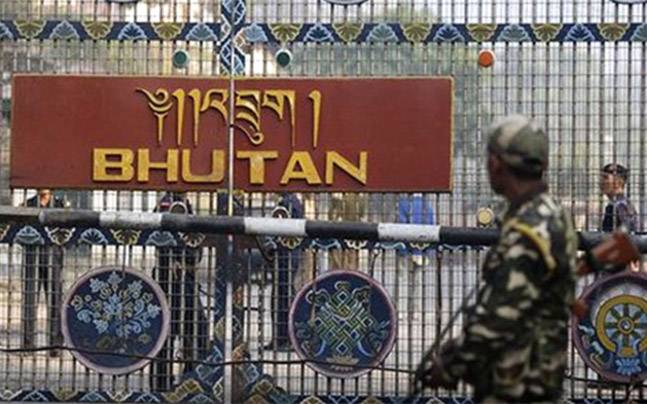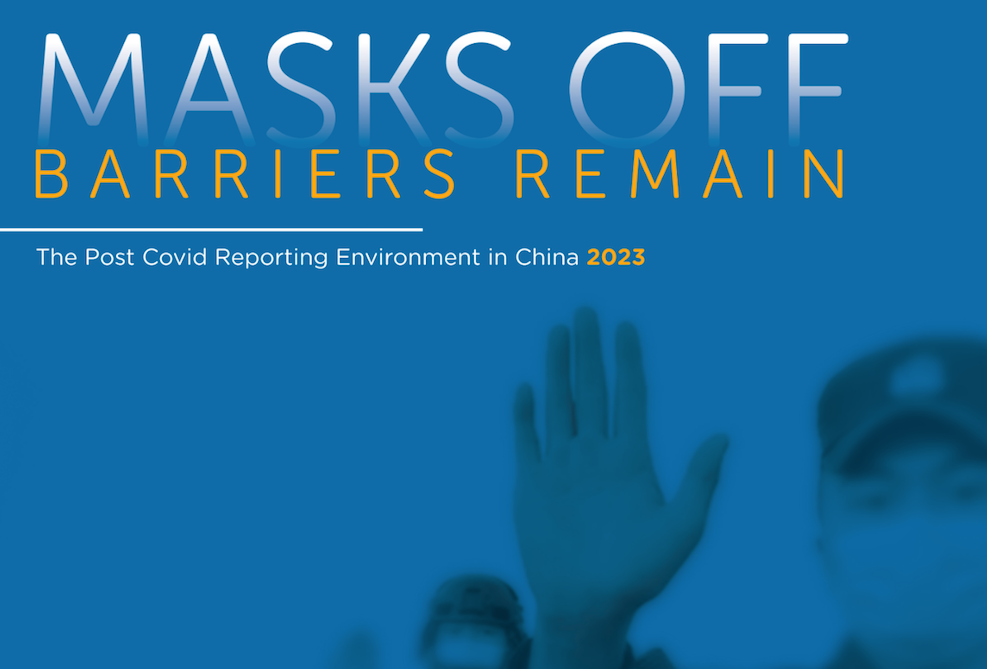By Choekyi Lhamo
DHARAMSHALA, July 2: A new border row between China and Bhutan over the Sakteng Wildlife Sanctuary (SWS) came up at the virtual meeting of the Global Environment Facility (GEF) in the first week of June. Beijing objected to a grant for the wildlife sanctuary in eastern Bhutan’s Tashigang district claiming that the area was disputed.
The disputed area bordering India and China has become a new contention zone. The GEF Council gathered to allocate funding on various environmental projects across the world and was shocked by China’s objection but quickly dismissed it. The majority of the council members supported Bhutan’s view and the draft summary was approved by the council despite China’s objection.
The draft summary of the chair mentioned in the footnote, “China abstains and does not join Council decision on this project.” The Bhutanese government has since issued a formal letter to the GEF Council where it strongly opposed China for questioning the sovereignty of Bhutan and its territory in the documents of the council’s session. It has urged the council to remove all references to the baseless claims made by China in the meeting.
Since 1984, Bhutan and China’s border tension includes three disputed areas: Jakarlung and Pasamlung areas in North Bhutan and one in West Bhutan. However, Sakteng is not part of any of the three disputed places. Beijing has been aggressively attempting to alter the status quo in the East China Sea, South China Sea, and recently with India in Arunachal and Ladakh.
In June 2017, treaty-bound India and China stood eye to eye at the Doklam plateau in Bhutan after Indian forces intervened against China building roads near the strategic tri-junction area. The ensuing standoff lasted 73 days, followed by disengagement after talks between the two sides.











6 Responses
China has no sense of propriety. It is endlessly trying to extend its borders with totally absurd claims of what is Chinese territory. But what to do, how can a peaceful small country oppose the gigantic and aggressive monster…. nothing but drawing attention to it as often and as loud as possible
India & Indians are behind almost all the greatest world events in this 21st century. Courage, convection & commitment should be demanded from our leaders. Time has changed. Modi government must recognize Tibet as occupied country. BJP & its youth group has mostly supported Tibet & Tibetans
through out 60 years struggle against Communist China’s occupation. Recognize the legitimate Tibetan Government in Exile. All border claims & neighboring countries will fall in place. “ Tibet’s independence is India’s protection.” This was true over two thousand years & it will sustain as long as Buddhism prevail in Tibet.
Now China is picking fight with Bhutan…a very peaceful country…who next..😝😝
Who next? After Doklam and Siachen, probably Sikkim. Someone should start a bet on that and see what happens.
China is power hungry and continuously tring to occupy foreign lands. The international community must see to this.
First of all sakteng is not border with China.